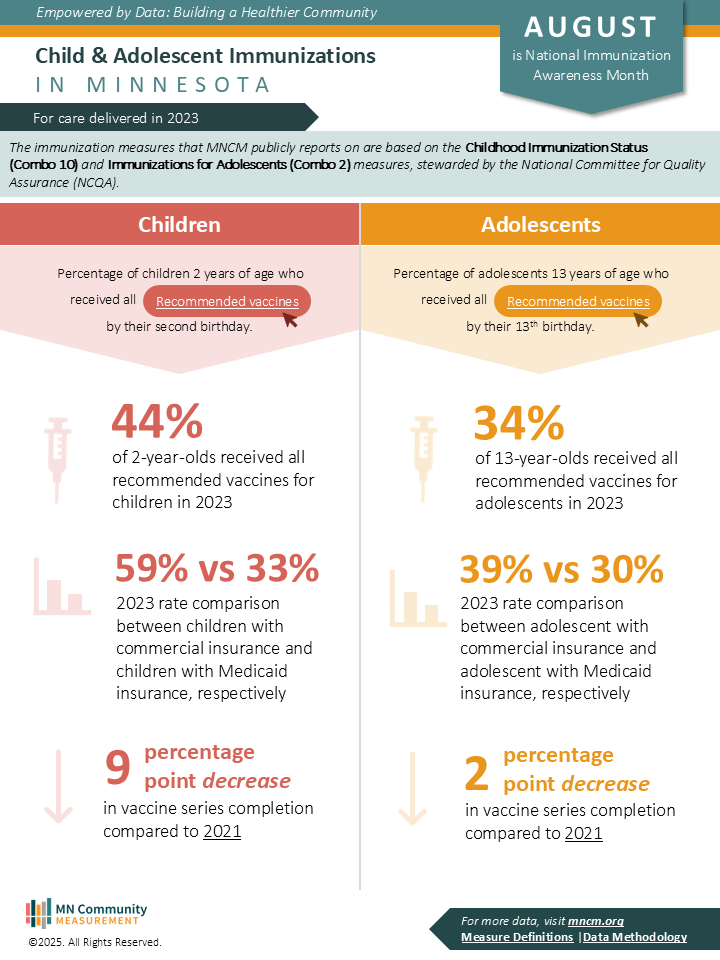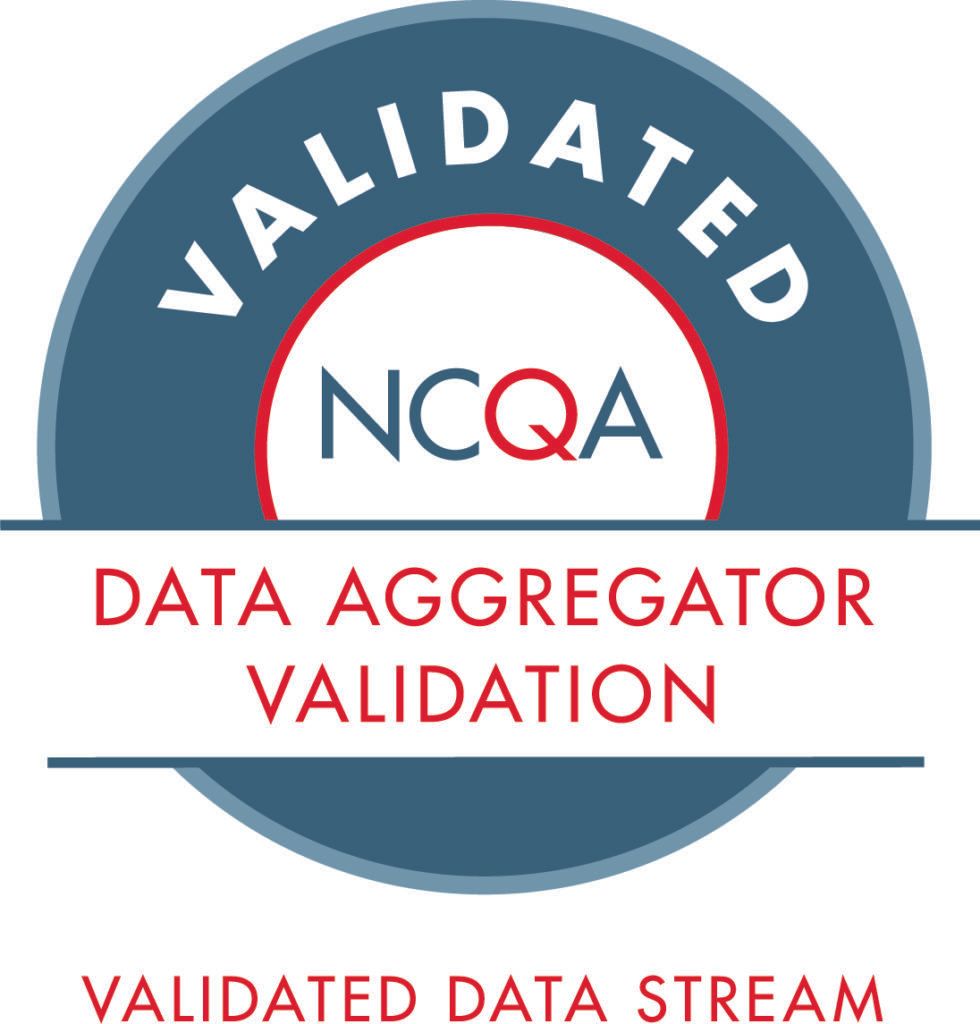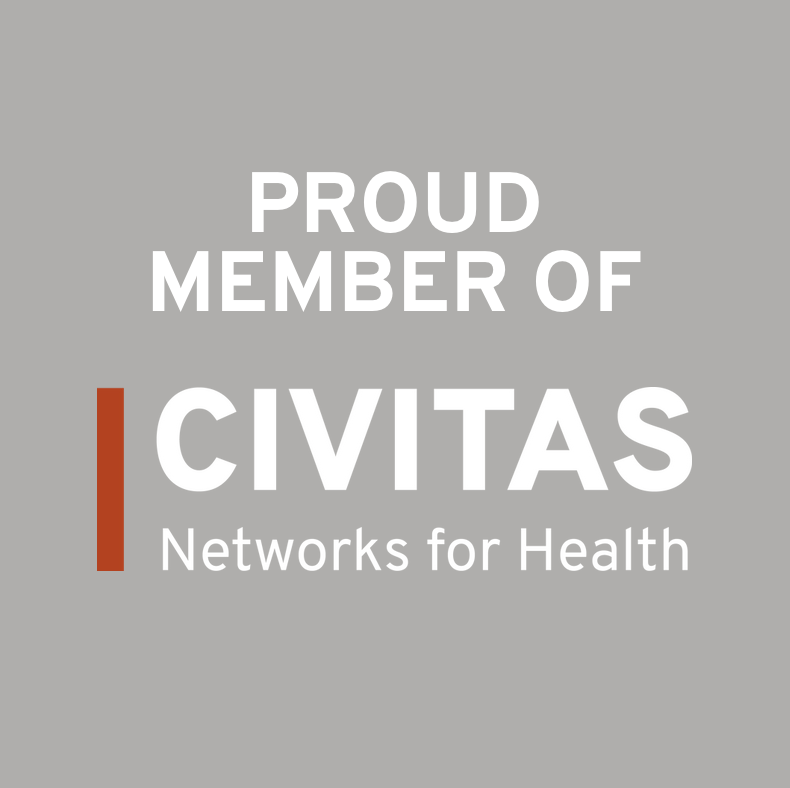New Report Shows 2020 Decline in Quality Measures for Minnesota Public Health Insurance Programs
April 14, 2022
Disparities with other payers shrinking in several places, however
Despite the COVID-19 pandemic, there were some bright spots in health care for people who received health care through state programs in 2020, according to a new report from MN Community Measurement (MNCM). The report was prepared for the Minnesota Department of Human Services and compares health care quality and health outcomes for people who received coverage through Minnesota Health Care Programs managed care organizations (MHCP MCO) to the same measures for people with private health insurance coverage or Medicare Advantage plans. The report includes 21 measures of health care quality for preventive care, chronic disease management, and mental health.
Though performance on most quality measures declined for the entire Minnesota population and for people with coverage through MHCP MCOs in 2020 due to the pandemic, the performance gap between MHCP MCOs and other purchasers has narrowed over time for seven out of ten measures where comparisons can be made. Childhood immunization rates for the MHCP MCO population increased from 42.7 percent in 2018 to 46.6 percent in 2020 (data for 2019 are unavailable due to disruptions in data collection caused by the pandemic). For breast cancer screening rates, however, the gap has widened over time.
The report also examines variation in quality within the MHCP MCO population, by race, ethnicity, language, and country of origin. Key findings related to variation within MHCP programs include significantly lower quality performance rates for Black and Indigenous/Native people, compared to other racial and ethnic groups. Of the 21 measures included in the report, rates were significantly lower for Black patients on 13 of the measures, and significantly lower for Indigenous/Native patients on 7 of the measures.
“These indefensible racial health disparities cannot continue,” said DHS Commissioner Jodi Harpstead. “Our new report, ‘Building Racial Equity into the Walls of Minnesota Medicaid: A Focus on U.S.-born Black Minnesotans,’ lays out concrete actions we can take to build equity into Minnesota’s public health care programs. While continuing our engagement with the Black community on these policies, we also will be engaging with other communities that experience health disparities to develop real and actionable steps to rebuild trust and ensure that Minnesota lives up to its commitment to equity.”
“We know that people who are served by Minnesota Health Care Programs are more likely to experience barriers or challenges to receiving optimal health care and were also disproportionately likely to be impacted by the pandemic,” said Julie Sonier, MNCM President and CEO. “Understanding how results differ between MHCP and other payers, and how they vary for different groups of people within MHCP, is critical to making progress to eliminate these gaps. Minnesota policy makers and others can then take this information and turn it into action.”
An appendix to the report includes results by medical group.
Importance of Measurement
Measuring and reporting health care quality helps consumers understand how care varies across providers, allows providers to identify improvement opportunities and how their measures compare to others, and helps health plans and other purchasers better understand and improve value for money that is spent on health care.
“Minnesota is quite unique in the capabilities that we’ve built to measure and report on health care outcomes,” said Sonier. “Having a common set of priorities and common set of data have been huge assets to our state in focusing efforts to drive improvement.”
About MN Community Measurement
MN Community Measurement is a nonprofit organization dedicated to empowering health care decision makers with meaningful data to drive improvement. A trusted source of health care data since 2005, MNCM works with doctors, hospitals, clinics, insurance companies, and state agencies to collect, analyze, and report health care data related to quality, cost, and equity of health care. Learn more at www.mncm.org.
About Minnesota Health Care Programs Minnesota Health Care Programs include Medical Assistance, Minnesota’s Medicaid program, and MinnesotaCare. These public health care programs provide coverage to Minnesotans with low incomes who cannot afford private insurance. They currently collectively serve more than one million Minnesotans.
Posted in Press Release
Recent Posts







